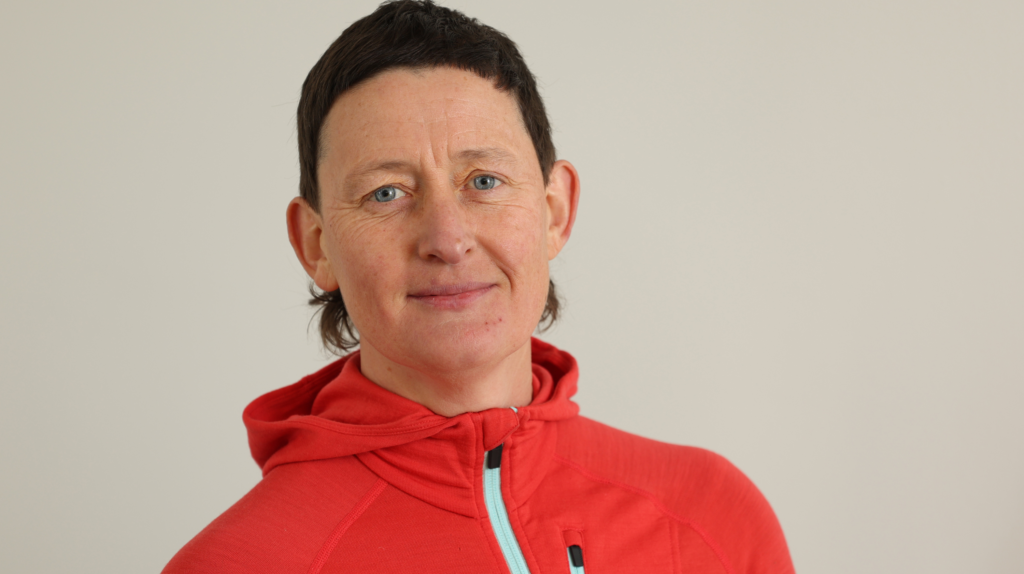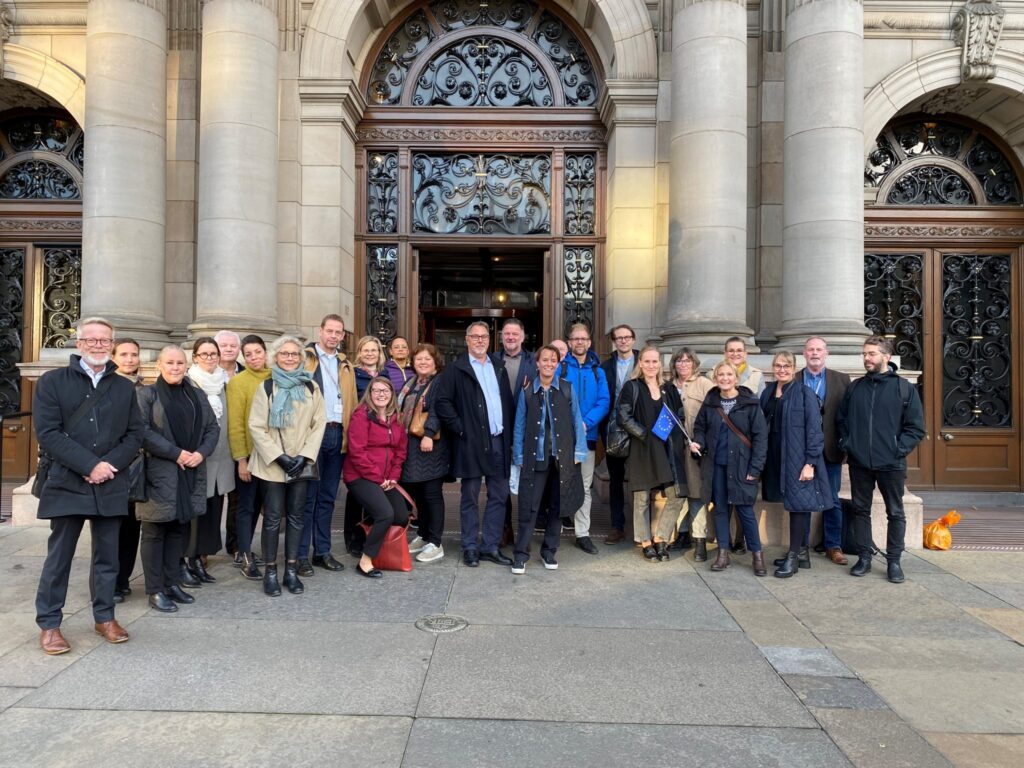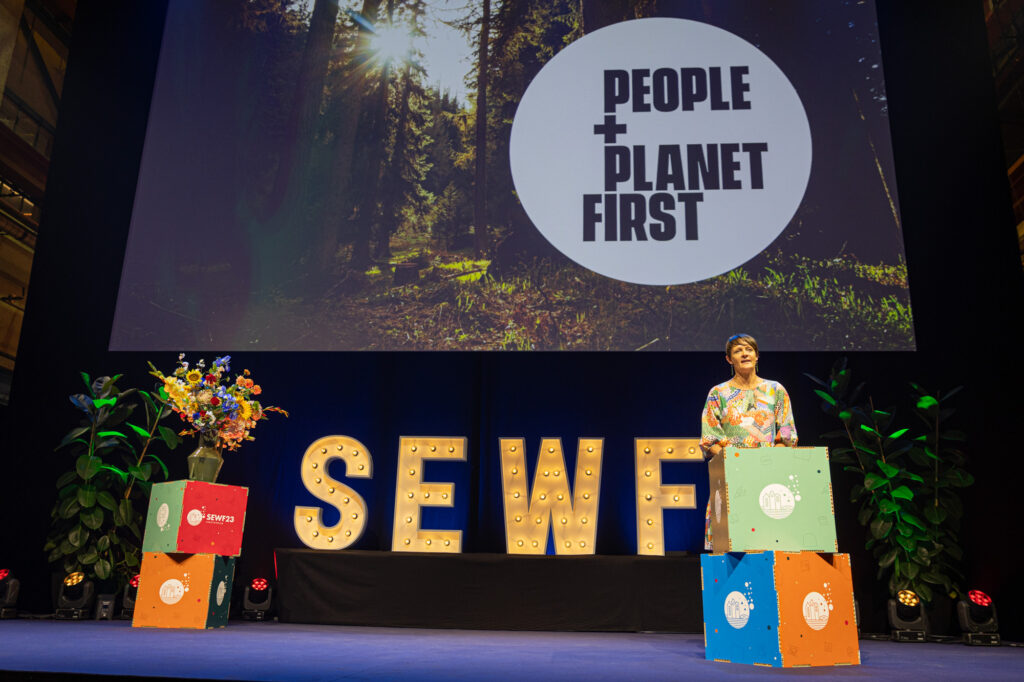In this Q and A we took time with founder and Executive Director of Edinburgh’s co-working community, The Melting Pot to hear her views of their international journey.
Q and A Feature: Claire Carpenter, Founder and Executive Director of Social Innovation of The Melting Pot, Edinburgh
Can you say a bit about The Melting Pot and your links with the international agenda?
Yes, The Melting Pot started out as one of the first coworking spaces in Scotland, and indeed, at the start of a global interest in shared working environments for like-minded entrepreneurs, start-ups and businesses. At The Melting Pot our focus was on creating a resource base specifically for social innovation. Having created that enabling physical environment, we went on to look at how we could support innovation in a much broader sense too.
We were attending international events on social enterprise, coworking, regeneration and social innovation conferences. We found we were increasingly asked for ideas, knowledge, and inspiration. We knew we didn’t want to replicate our coworking hub business in multiple locations – as it would not serve our target audience. We wanted to make social impact, so decided to enable and encourage locally grown placemaking initiatives.
The constant stream of questions helped us to notice the gap and so the next questions were ‘ how could we monetise that’ and position The Melting Pot as a coworking pioneer? We weren’t out to compete with traditional coworking consultants – their customers were much more commercial. We wanted to support other community focused approaches, though that comes with its own challenges…
Thanks Claire, that leads nicely into the next question looking at the challenges you faced?
Ah. Perhaps I should say I don’t think the challenges were around our particular approach. We knew we needed to do one to many workshops, piggy backing onto other people’s events for instance (local entrepreneurs are not cash rich!).
Our challenge was more that we were perhaps too ambitious, trying to do too many things at once. We had so many ideas, could see so many opportunities. At the same time, we were trying to prototype and design offers while funding we had sought to support the biz dev activity. Whilst it was very welcome, it was only agreed annually and with short deadlines. We needed to sell a really big idea to get financial support. But be careful not to overpromise what we could deliver on the ground when the cashflow was for much shorter-term ambitions. This of course is more than a cash challenge – it affects timing, staffing and evaluation for instance. It was / is very difficult to do multi-year business planning, set up and delivery as a ‘start-up’ with a single-year funding structure.
Yep. Developing new initiatives is never easy – hence the gap I suppose!
Can I ask how you went about finding the right people and building networks?
Sure. We were, as I noted earlier, already at the conferences and events – we pushed into some and were invited to others. On a local level, Scottish Towns Partnership had helped us, and we were now utilising all the events we could to build networks further afield.
Did you get support from anyone?
At that stage, on a local level yes (Scottish Towns Partnership) but on an international level it was then much harder. We were one of the first social enterprises to access more traditional ‘internationalisation’ advice. But, in reality, we were not commercial enough for the support programme we were trying to fit. At times it felt like we were going round in circles. With hindsight, it would have been good to get somebody with more communications experience on board – help us pitch our offer more succinctly to customers.
Thanks Claire. It’s hard being a guinea pig though I’m sure now, and with the ISEO network there is more guidance available and of course, the benefit of experience.
Picking up on that experience – what advice would you have for others looking at developing their social enterprise into international markets?
I think it comes back to the clarity and communication question. Be really clear on what products do actually sell on an international market. Do your market analysis piece before rushing in and understand what barriers you may face and be clear on exactly WHO your customers are. Our final users were often local social entrepreneurs. But they were skint – we needed to understand their access to their supports and resources from their wider eco-system.
Thanks Claire – critical for any new enterprise but even more so if greater levels of investment are needed.
Did you have any final thoughts or comments?
Yes – obviously we were doing this work pre covid – since then more online approaches have become custom, but don’t underestimate the language and network alignment challenges. We’re lucky our language is so widespread but there are still challenges here.
(I think we all wish we’d learnt more languages at school)
Indeed.
Lastly, I wanted to close by drawing attention to work we’re currently doing to map all coworking spaces in Scotland. We will share this in the summer and later in the autumn at the European Coworking event. It’s a great opportunity to continue to highlight the work going on in Scotland and share thoughts and ideas with international contacts again.
Thank you, Claire. It was great to speak with you today and here’s the link if you do want to know more about the work to map coworking spaces.
Lastly, if you want help there is now more support for social enterprises looking to work in international markets – please contact ISEO.



